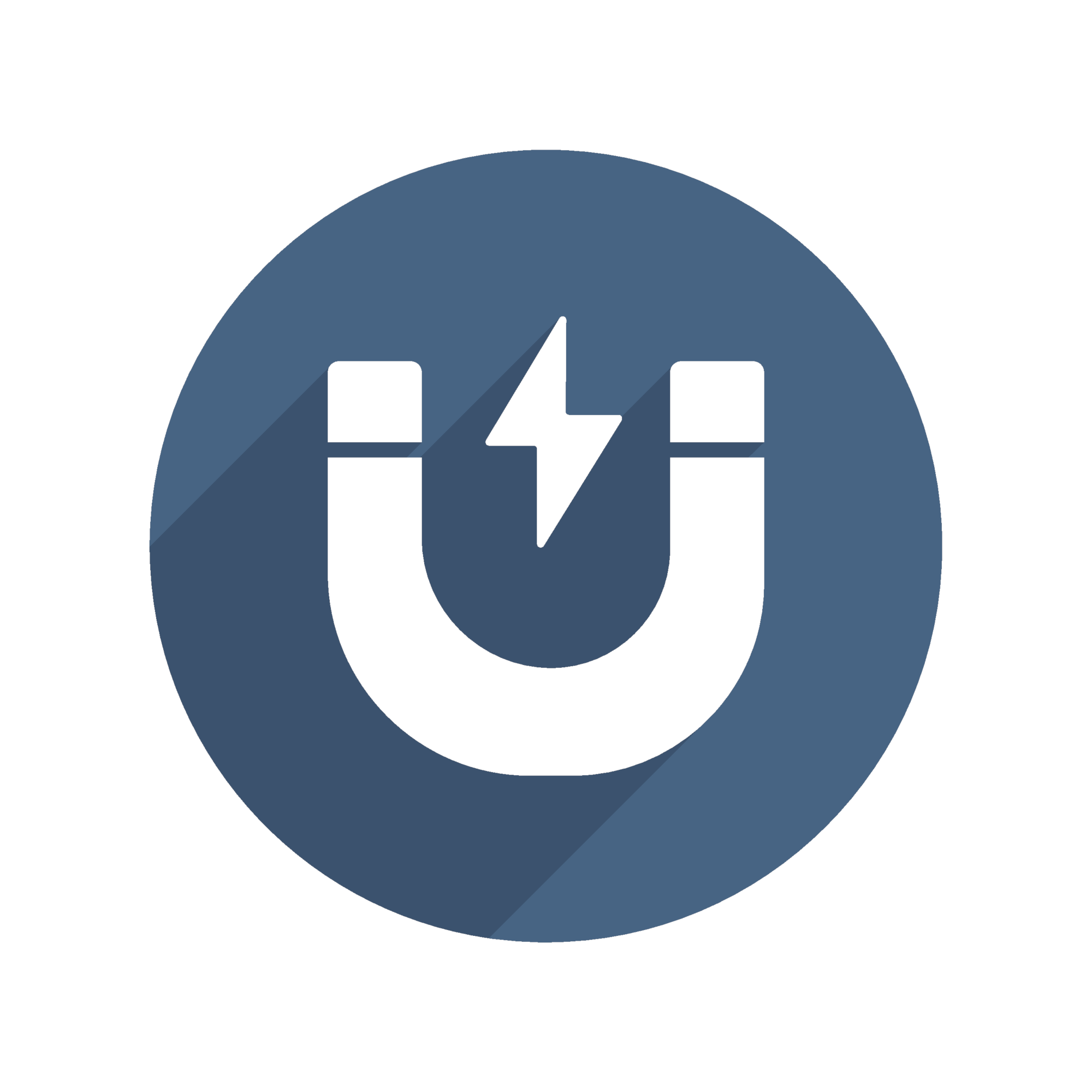Industrie trifft Hochschule: Ultraeffizienz-Herstellung von Permanentmagneten zur Ressourcenschonung - Online Event
Industrie trifft Hochschule ist eine Veranstaltungsreihe der Hochschule Pforzheim und der Cluster-Initiative Hochform (WSP - Wirtschaft und Stadtmarketing Pforzheim). Sie dient dazu, den Austausch zwischen Wissenschaft und Praxis zu fördern und die Innovationstätigkeit regionaler Unternehmen zu unterstützen. Im Mittelpunkt stehen Themen in den Bereichen Werkstoffe, Werkzeug- und Maschinenbau, neue Produktionsverfahren, Industrie 4.0 und mehr.
Die Veranstaltung am 3. Dezember 2020 war dem Thema Ultraeffizenz-Herstellung von Permanentmagneten zur Ressourcenschonung gewidmet. Die Vorträge spannten den Bogen von der Herstellung über den Umgang mit Seltenen Erden bis hin zu den Chancen einer sauberen Energiezukunft. SUSMAGPRO Koordinator Prof. Dr. Carlo Burkhardt stellte in diesem Zusammenhang Konzepte, Herausforderungen und Chancen vor.
Weitere Informationen finden Sie im Programmflyer.

